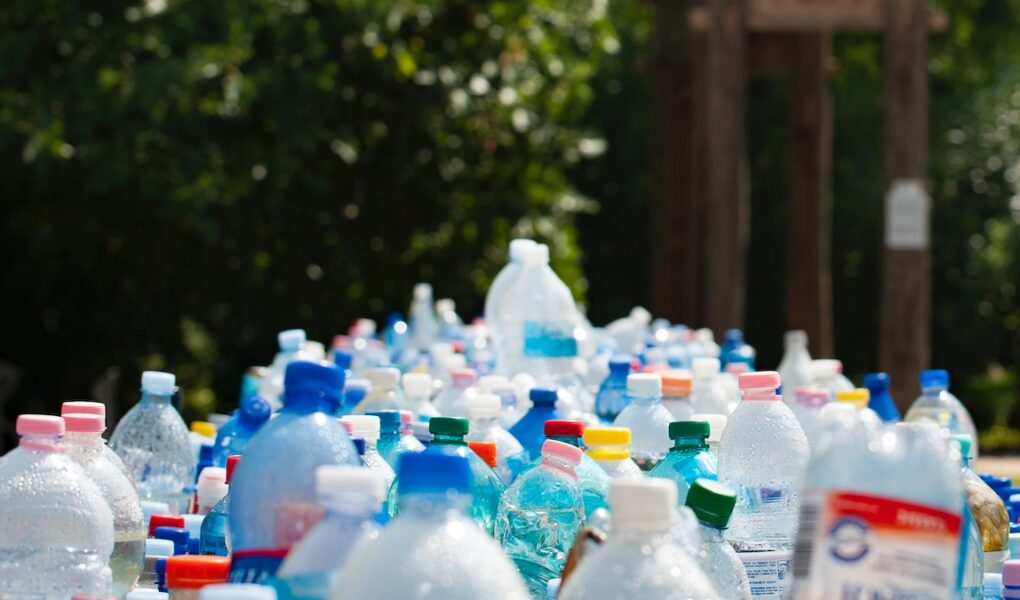Have you ever given thought to where all our waste ends up? The shampoo bottles we no longer use, water bottle caps we take for granted, and even our grocery shopping bags? Tons of waste is created per minute around the world and the truth is no matter how much we try to limit it. There is no way to reduce consumption. Humans constantly generate waste without thinking of where it could finally end up. So, in order to shed some light on this here are some places where our waste eventually resides.
Landfills
Easily the most common places are our landfills. These are large arches of land that are used by garbage collection companies either by the Government or private companies. Once all the waste is collected from households and businesses they are emptied into these landfills and compressed.
The right procedure would be to only unload biodegradable waste however this very rarely happens. Instead tons of plastic, rubber, and chemicals are emptied polluting and damaging the soil and environment. There are countries that take landfilling seriously and have effective procedures for how they manage this waste.
Oceans and waterbodies
More often than not a lot of our waste ends up in water bodies and without our knowledge. If you have ever walked on a polluted beach the first thought is “wow, so much garbage is dumped here”. However, you may be surprised to know that a lot of the time the garbage is not what has been dumped but washed up with the tide instead.
We commonly hear about how polluted our oceans are. Those are but it can be difficult to imagine the magnitude of it if we do not see it. Washed-up garbage is the best example of just how polluted our oceans are. This possess a major risk to marine life and is the highest reason for marine life deaths and pollution. Dumping waste into other water bodies such as rivers or canals eventually leads up to the sea as there is nowhere it goes.

Recycling
There are countries, businesses, and individuals who have now taken up the challenge to recycle this in the best way possible. On a larger scale for countries, this could mean implementing a waste management service that separates and segregates waste based on its composition. Businesses try to limit or find other channels to get rid of their waste. Individuals try to recycle or upcycle daily household materials that would otherwise be thrown away.
Incineration
Did you know some waste is burned in order to create biofuels? The concept came into place much later when waste was burned and then converted to biofuels that can be used to power machinery or equipment.
While there is still research on the concept needed the system has its pros and cons. This is defeated is the burned materials cause carbon emissions and require professionals and equipment for it to be properly implemented.



